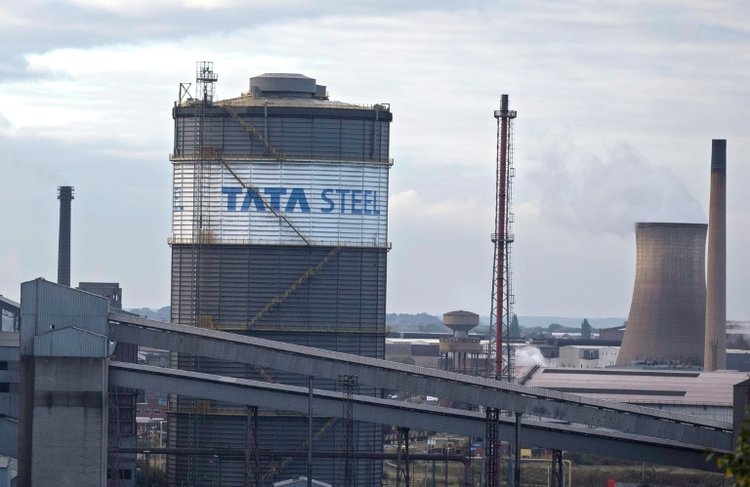Steel industry frets as Govt inches close to signing RCEP

The Hindu Business Line - 02 October 2019
Steel industry frets as Govt inches close to signing RCEP
The RCEP is a proposed free trade agreement between the ten member states of the ASEAN countries, China, Japan, India, South Korea, Australia and New Zealand.
The steel industry has expressed serious concern with Government inching close to signing Regional Comprehensive Economic Partnership which will open duty-free imports into the country from China.
The RCEP is a proposed free trade agreement between the ten member states of the Association of Southeast Asian Nations (ASEAN) countries, China, Japan, India, South Korea, Australia and New Zealand. The negotiations for signing RCEP was formally launched in November 2012 at the ASEAN Summit in Cambodia and is now in the advanced stage of finalisation.
Compared to other countries steel production cost in India is higher by about $40 a tonne due to creaky infrastructure, high taxes and expensive cost of capital. The industry has urged the government to provide an export incentive of $40 to put both the domestic and global companies on the same footing before opening up the steel markets for global competitors.
Export of steel from India in August has grown 37 per cent compared to last year with steel companies trying to beat the domestic slowdown by exporting more to other countries. However, in the first five months of this fiscal exports has dropped 7.5 per cent.
Surge in imports
Interestingly imports have also jumped 27 per cent in August despite an apparent slowdown in the domestic economy. The most worrying factor for steel companies is the steady increase in the share of duty-free imports from FTA countries such as Indonesia, Japan and Korea.
In fact, in August imports from FTA countries accounted for 77 per cent of the overall imports against their share of 58 per cent in FY’19. Their share in overall imports in five months of this fiscal was 66 per cent. The government had recently rejected the steel industry demand to levy safeguard duty.
Seshagiri Rao, Joint Managing Director, JSW Steel said in 2009-10 when FTA was signed the industry was not familiar with its impact, but now having experienced the impact the industry wants more triggers in RCEP that will levy import duty automatically if imports breach certain level.
With the steel industry already bleeding from FTA, the new proposed RCEP will include Australia, New Zealand and China to tap Indian market duty-free, he said.
"China produces a billion tonne of steel a month, which is equivalent to India’s annual consumption. Though China is part of WTO, it has an opaque system that provides export incentives including extending credits for a longer period at a lower cost," he said.
TV Narendran, Managing Director, Tata Steel told Business Line that the steel industry has not been much supportive of RCEP and it needs to be kept out of this.
The fundamental point is that India is a growing market for steel. If anyone wants to participate in this market, let them come and invest in India, create jobs here. Why do you want somebody to borrow money at low cost and build some plant somewhere and import into India, he questioned.
"The argument that countries that have no raw material should make steel and export, while India with all the raw material and domestic market, is still not trying to create an industry, goes against the opportunity that we have," said Narendran.





